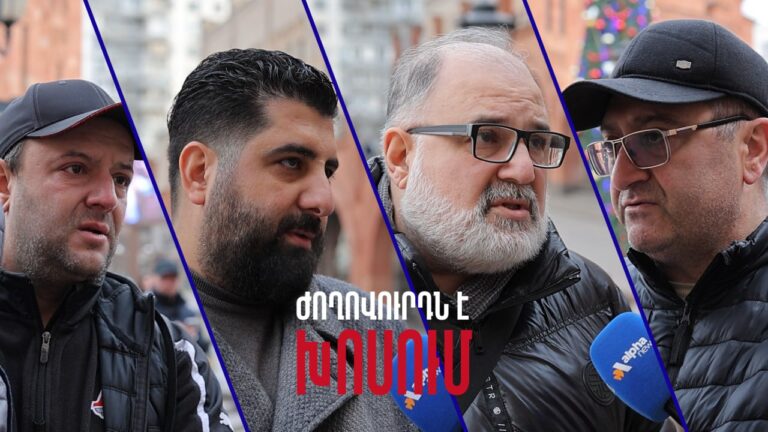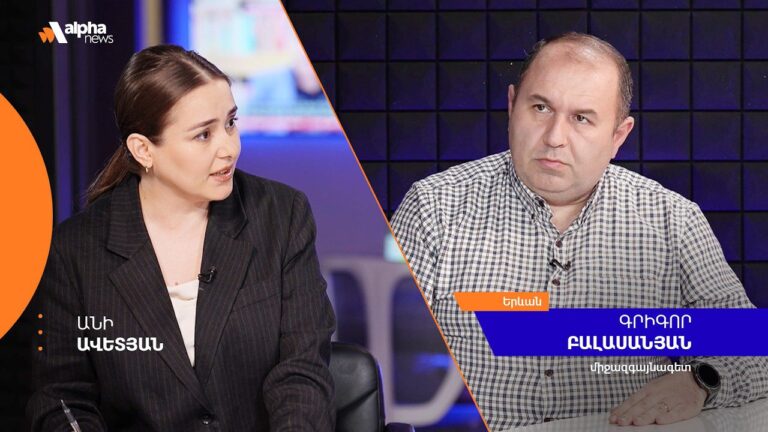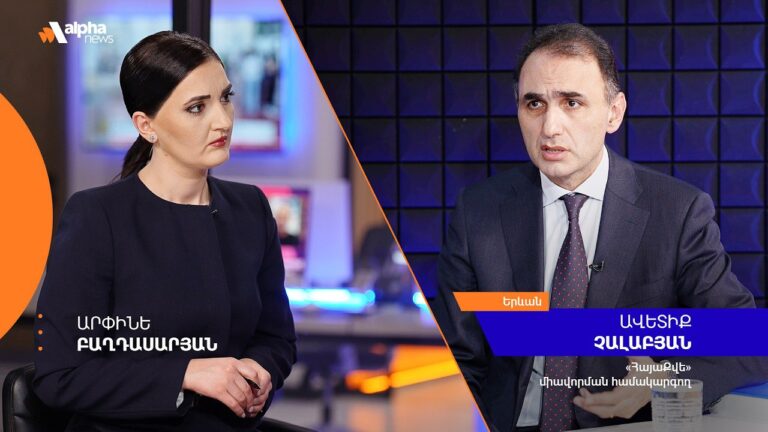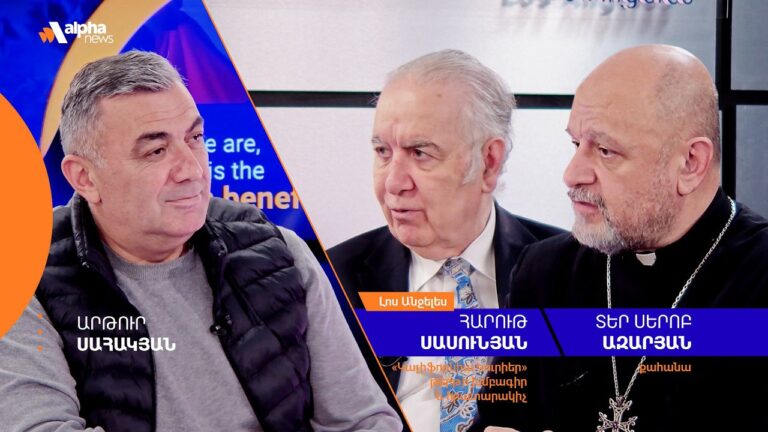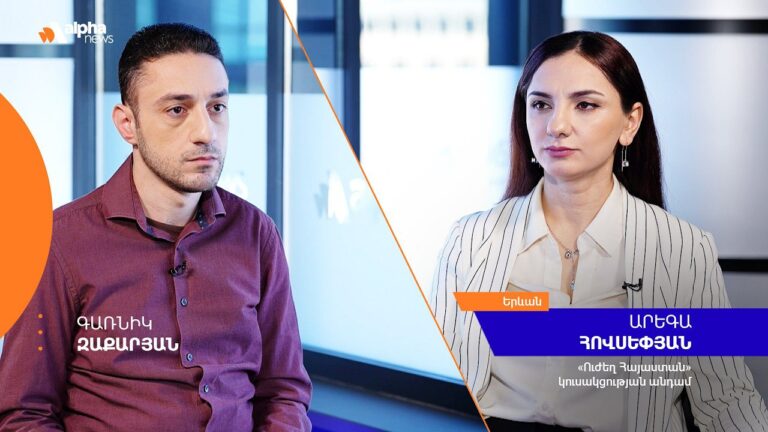European path could lead Armenia to situation that has developed in Ukraine, says political scientist
Speaking with Alpha News, political scientist Denis Denisov commented on Armenia’s European integration, the prospects for signing a peace agreement between Azerbaijan and Armenia, and the possibility of early presidential elections in Turkey.
“Back in 2013-2014, the conflict in Ukraine stemmed from debates within society and among the country’s partners regarding its foreign policy direction—European or Eurasian. As we recall, an unequivocal decision was made in favor of Euro-Atlantic integration. Taking into account the conflict, it is now difficult to assess the economic feasibility of those steps. But in the first years, when the free trade zone with the EU had just begun to work and key economic agreements with the EU were being implemented, major sectors of Ukraine’s economy faced significant difficulties, especially as benefits tied to other countries were revoked. A similar situation could happen to Armenia if no compromise is reached and if the Armenian leadership fails to recognize that being part of two economic free zones simultaneously requires either exceptional diplomatic skills—which are not evident in the current prime minister and his government—or readiness to endure severe impacts on various economic sectors, which would inevitably affect the population,” Denisov said.
According to the political scientist, for the Armenian state, the EU markets and the EAEU markets are currently incomparable.
“Nobody is really waiting for Armenia in the EU. We have not heard from the official Brussels and the European Commission any invitation for Armenia to join this entity. The fact that Armenia wants to further develop issues related to the free trade zone is natural and understandable. And here, it seems to me, political aspirations and political expediency prevail over economic ones. Of course, statistics should be consulted, but I have a feeling that for the Armenian state, the EU and the EAEU markets are simply incomparable at the moment. If forced to choose between the two, common sense would favor the EAEU market, though political expediency might lead to exploring an alternative. Naturally, the Russian deputy minister is correct in stating that being part of two free trade regimes is extremely challenging,” Denisov said.
According to the political scientist, it is unlikely that a peace agreement will be signed between Armenia and Azerbaijan in the near future.
“There is, of course, a prospect of signing an agreement, but the peculiarity of these consultations so far is that one of the parties perceives itself as an absolute winner and its opponent as an absolute loser. This seriously influences the negotiations. And, it would seem, on the one hand, that this could facilitate the final decision, but in the current conditions, when there is no expectation of a new conflict, this leads to the fact that the final document is simply not signed and not implemented. For Armenia, both external and internal factors heavily constrain further concessions and the signing of a peace agreement. Azerbaijan is fully aware of this but still considers it acceptable to demand the maximum from the goals and objectives they wish to achieve within the framework of this agreement. Consequently, we are likely to witness multiple rounds of negotiations, and in the near future it is unlikely to expect the signing of an agreement,” Denisov said.

